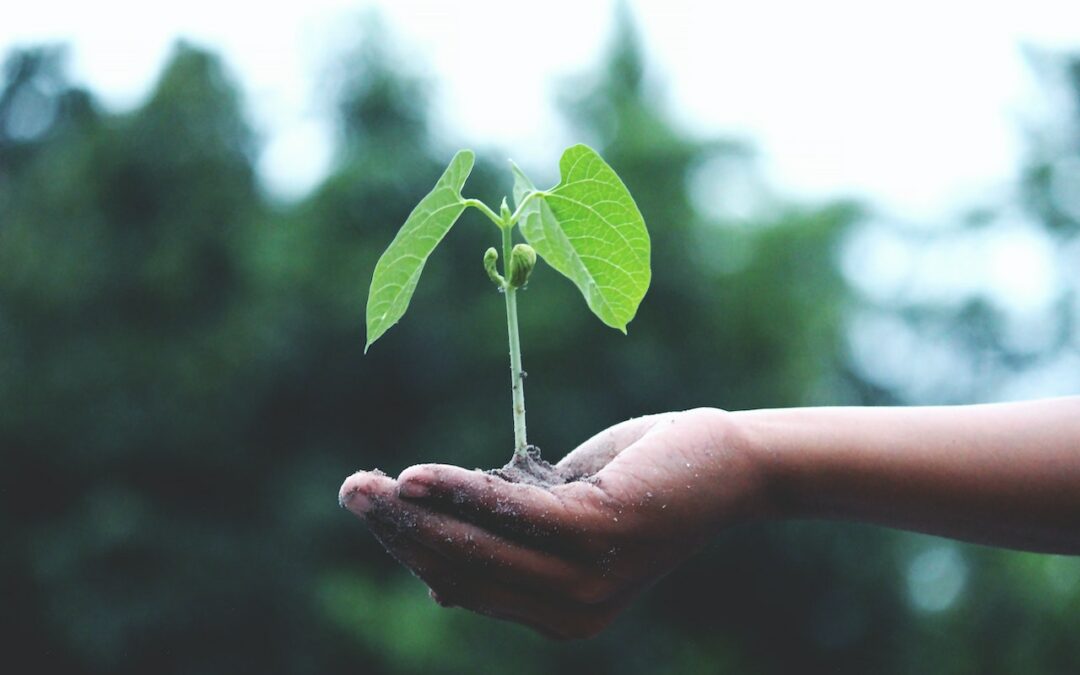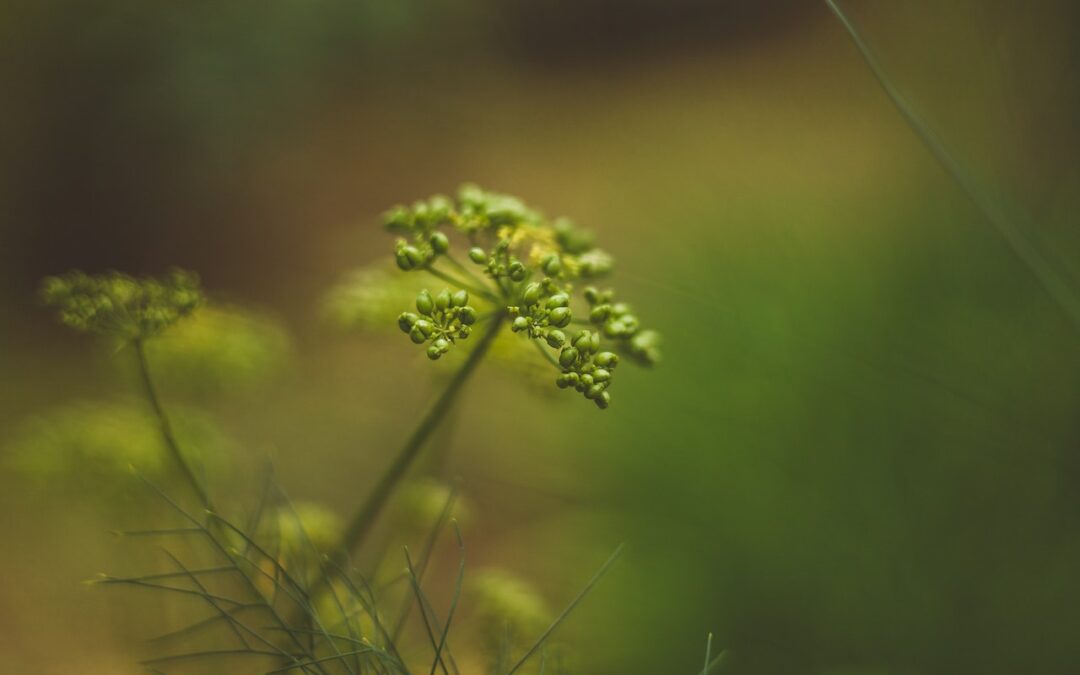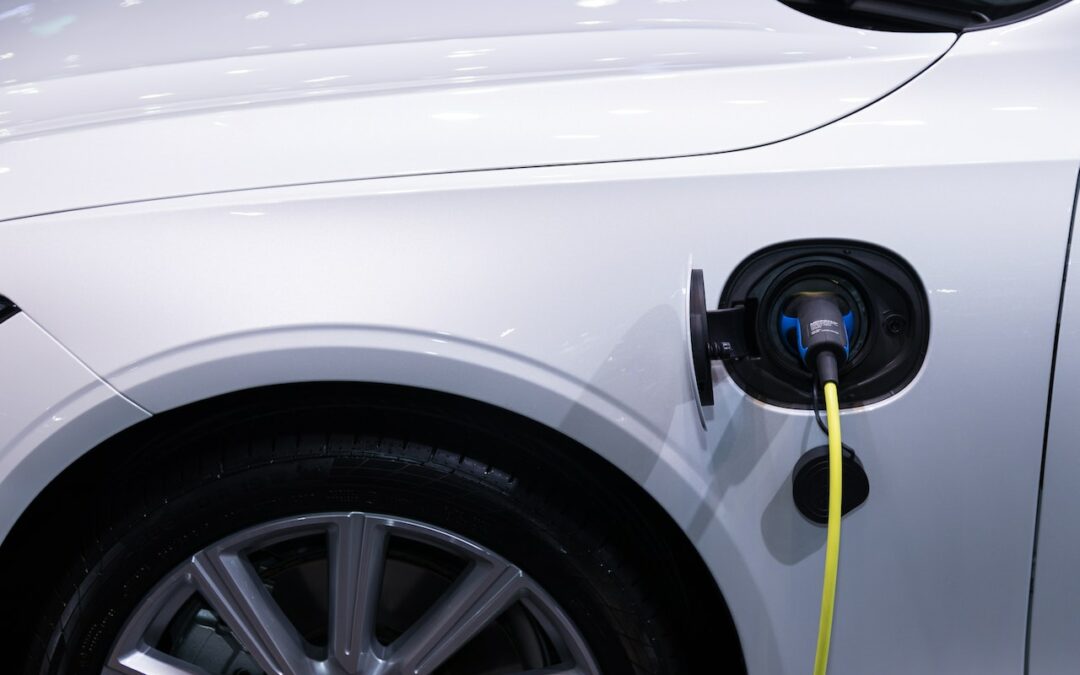
Perth tops Australian cities in global sustainability ranking
Global design and consultancy company Arcadis has shared the results of its most recent Sustainable Cities Index (SCI), revealing a pressing need to tackle climate change and other sustainability challenges.
Amsterdam topped the Index, closely followed by Copenhagen (3rd) and Munich (5th). The report illustrated the stark contrast between these sustainable European cities and US powerhouses such as New York (48th), Boston (56th) and Washington DC (65th).
All four German cities included in the index — Frankfurt, Munich, Hamburg and Berlin — claimed spots in the top 10, thanks to achievements in water sanitation and waste management, and low greenhouse gas emissions.
The report’s publication on 13 June coincides with there being nearly 2000 days until the 2030 deadline for achieving the UN sustainable development goals (SDGs). These 17 sustainable development goals include climate action; affordable and clean energy; sustainable cities and communities; and industry, innovation and infrastructure.
The Arcadis Sustainable Cities Index ranks 100 global cities across three pillars of sustainability: Planet, People and Profit. Comprising 67 different metrics to evaluate urban sustainability, the 2024 index is the sixth edition of the report since its inception in 2015.
Key data points include air pollution, waste management and investment in low carbon infrastructure (including renewable energy and sustainable transport), as well as factors such as economic performance, social equity and resilience to natural disasters.
For the first time, Arcadis has added a fourth pillar to the index — ‘Progress’ — measuring changes over the last decade. When considered alongside the other pillars, it provides insights into a city’s future trajectory and emphasises the importance of continuous advancement to achieve the SDGs.
Australian city rankings
While European cities dominate the Index’s upper rankings, Australian cities performed relatively well by sustainability criteria: Perth came in at 25 in the global rankings, followed by Melbourne at 32, Sydney at 33 and Brisbane, which will host the Olympic Games in eight years, at 38.
Of the Australian cities in the Index:
Perth’s relatively high ranking is underpinned by strong rankings (compared to Australian peers) in Profit and Progress, though the city underperformed on criteria related to People and Planet.
Melbourne’s progressive approach to the People pillar and ranking on Profit and Progress pillars offset its relatively poor performance on the Planet pillar.
While Brisbane is the lowest-ranked Australian city overall, it ranks second-highest (among Australian cities) for Progress, suggesting the city is improving rapidly on key measures as the Olympics approaches.
Sydney’s overall ranking was underpinned by a strong performance against key criteria in the People pillar.
Commenting on the Australian results, Arcadis Cities Director for Sydney Stephen Taylor said: “Australians and their city leaders tend to look at the relative performance against their Australian competitor set. But while the four Australian cities in the survey ranked between 25 and 38, the scoring differences between them on key criteria are relatively small — Australian cities are roughly equivalent when looked at globally.
“The value of this report is to reflect on Australian cities’ performance against their international competitors as we compete for global talent. The international comparison shows there is room for improvement on many criteria associated with the world’s most sustainable cities.”
How cities ranked on Planet, Profit and Progress
While all four Australian cities ranked lower on the Planet pillar compared with their overall ranking, that was not the case globally, with eight of the highest-ranking cities for Planet also securing positions in the overall top 10. The Planet pillar comprises metrics including sustainable energy systems and low-emission transport, suggesting these should be focal points for cities looking to effect meaningful change.
According to this year’s Index, high performance on the Profit metric does not necessarily come at the expense of environmental sustainability, with the report emphasising how a thriving economy should support investment in infrastructure, alternative energy sources, green initiatives and social programs. Amsterdam, the most sustainable city of 2024, ranked at the top of the Profit pillar, where it excels in income and living standards, employment and transport infrastructure.
When it comes to progress over the last decade, many European cities have continued to make significant strides — despite their highly sustainable starting points — to cement their position at the top of the index. Amsterdam, Rotterdam, Warsaw, Copenhagen, Frankfurt, Munich, Hamburg and Berlin have all sustained momentum to feature in the top third of the Progress pillar and the top third of the index overall. This is thanks to a commitment to renewable energy production, as well as socio-economic factors such as health care and female labour force participation.
Although ranking low overall, the dominance of Asian cities such as Jakarta, Wuhan and Shanghai at the top of the Progress pillar demonstrated that, in cities with limited prior sustainable infrastructure or practices, early steps can make a big impact in generating momentum for further advancements.
“Cities play a critical role in advancing the sustainable development agenda. However, our progress assessment shows that a lot more needs to be done to meet the Sustainable Development Goals by 2030,” said John Batten, Arcadis Global Cities Director.
“With just 2000 days to go, the challenge is to keep pushing the boundaries of innovation. Whether that’s by scaling up renewable energy initiatives, integrating climate considerations into infrastructure planning, improving mobility through intelligent traffic management or supporting the retrofit of existing buildings through planning and investment, there are always areas to improve on.
“As the 2030 deadline approaches cities must build on their successes, identify areas for progress and foster collaboration to address challenges with ever greater urgency and determination,” Batten concluded.
The full report can be downloaded here.
Image credit: iStock.com/NeoPhoto




